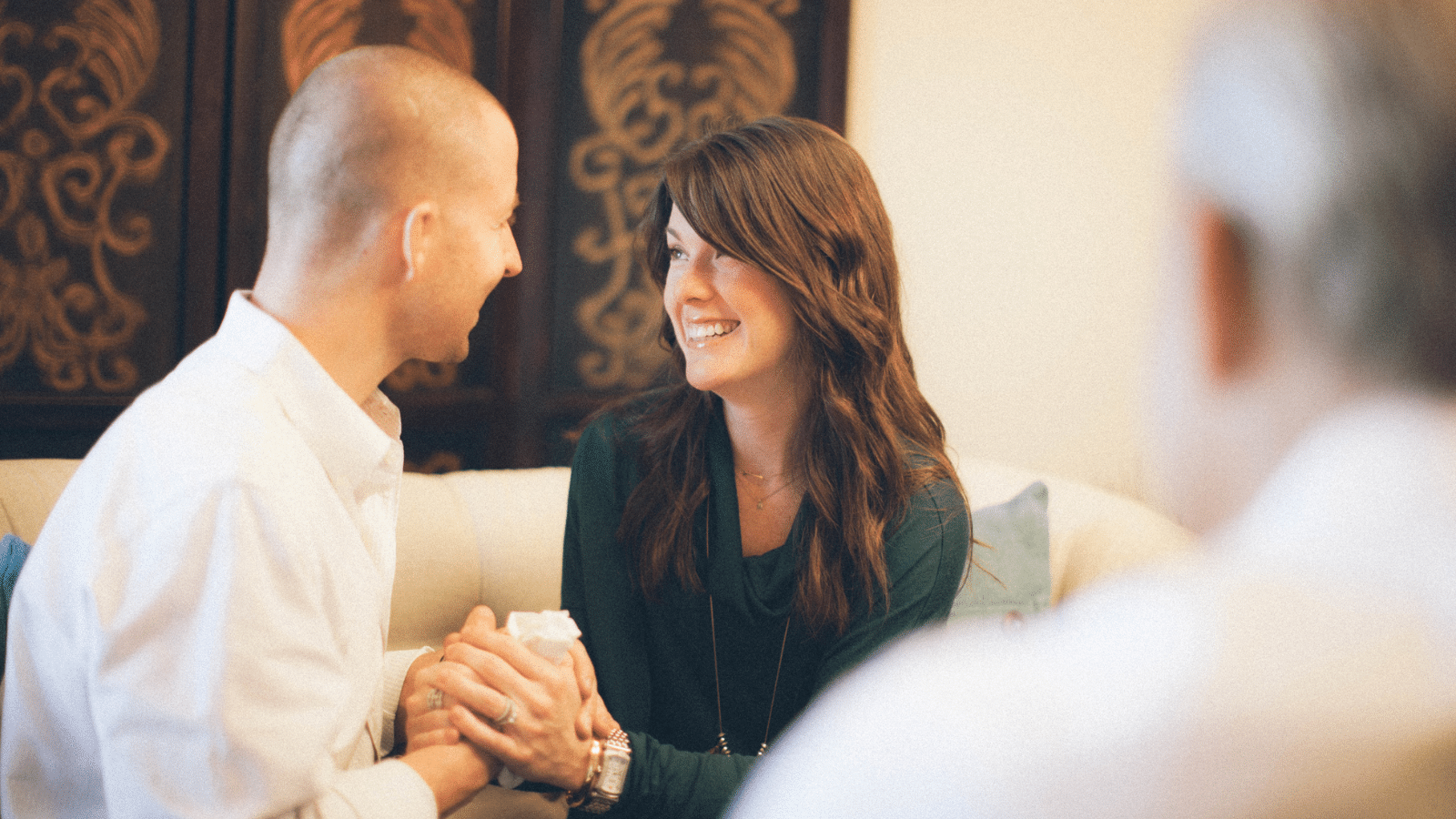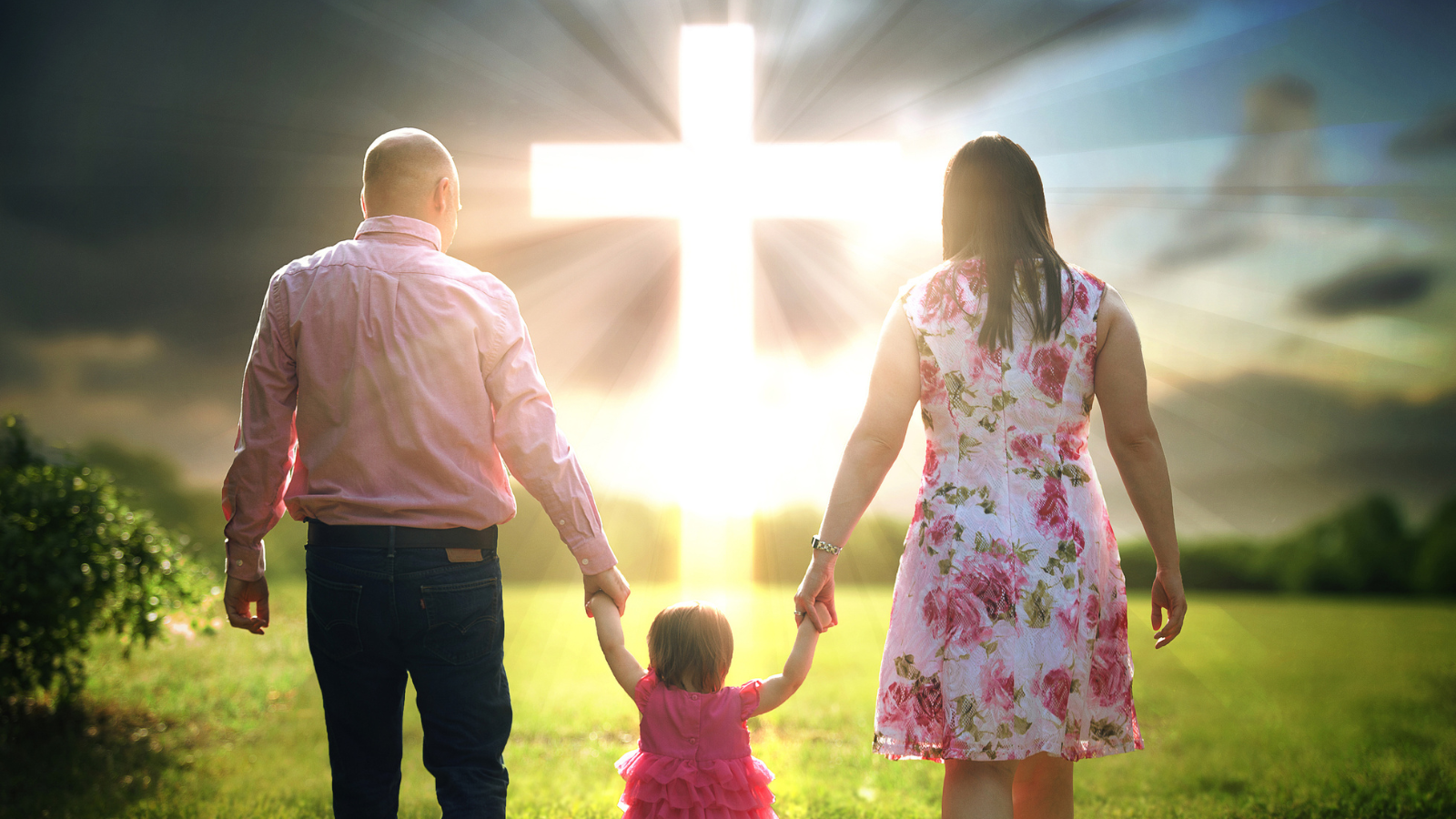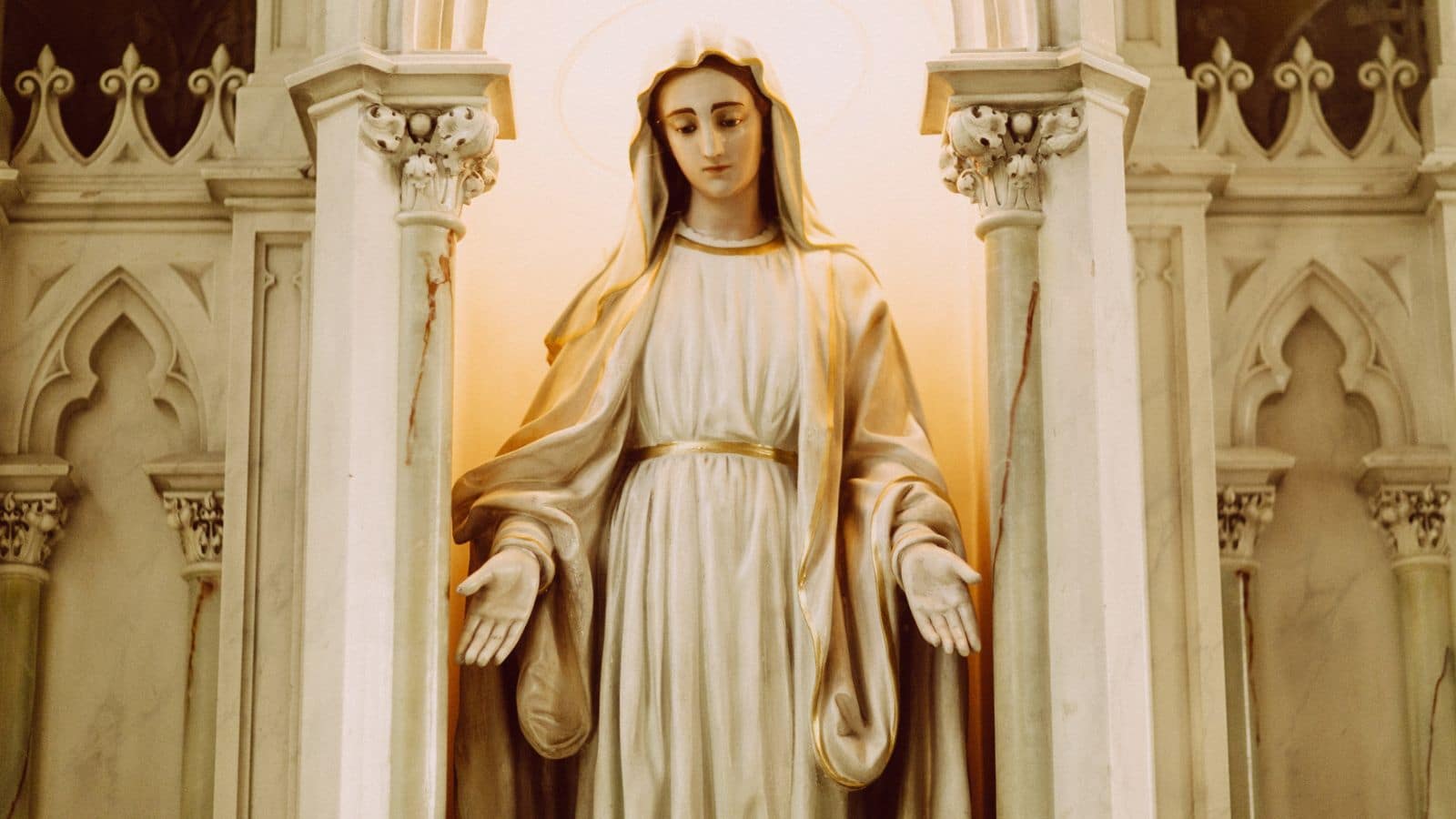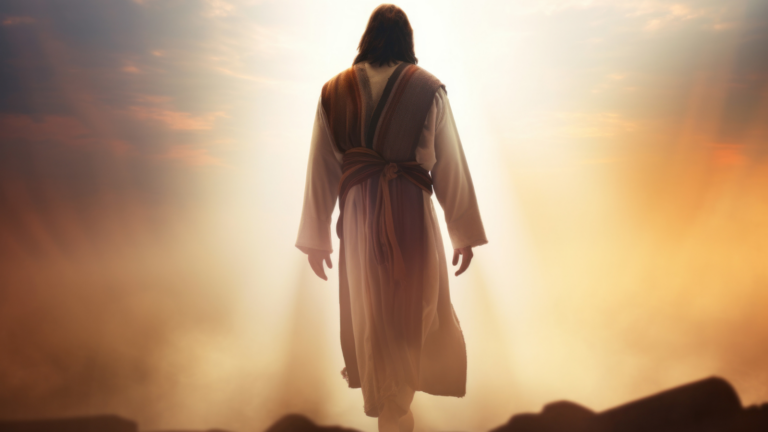12 Startling Reasons Your Children Are Ditching the Catholic Church
In a recent study by the Pew Research Center in 2019, it was found that there was a 3% decrease in the number of American adults who identified as Catholic. Notably, a large portion of this decline was observed among the younger generation.
But why is this happening? In this article, we explore the various factors that might be influencing Generation Z’s decision to move away from Catholicism, unraveling the complex reasons behind their disconnection from the faith.
1. Changes in Moral Values

One of the reasons for the data shown in the Pew study could be that Gen Z highly values diversity and constantly changing ethical viewpoints, more so than any previous generation.
This progressive mindset often clashes with the traditional positions held by many churches. As a result, there’s a growing gap between Gen Z and these established religious institutions because their values lean towards inclusivity and modern ethical perspectives.
2. Environmental Concerns

Generation Z is passionate about environmental causes and thinks religions should do more for the environment. While it may not be true for all churches, many people feel that the church isn’t focusing enough on environmental issues. This perception comes from Gen Z’s desire to see religious institutions actively involved in addressing environmental challenges.
They want faith organizations to prioritize ecological stewardship, aligning with their values of sustainability and a greater awareness of environmental problems. This highlights a widespread wish among Gen Z for religious institutions to play a more significant role in tackling environmental concerns.
3. Influence of Social Media

Generation Z is heavily focused on smartphones and social media. While traditional religious practices are slow to adapt, they now have to compete with the constant flow of information on these platforms.
The challenge is that thousands of hours of content are consumed daily by Gen Z, creating a competition for attention that traditional religious practices find increasingly difficult to navigate.
4. Acceptance of LGBTQ+ Community

This point is important in today’s world, mainly because Generation Z strongly supports the LGBTQ+ community. Society is becoming more accepting of diverse identities, reflecting the changing values of Gen Z. Whether the Catholic Church can adapt to these shifts remains uncertain.
As attitudes toward the LGBTQ+ community evolve, traditional institutions like the Catholic Church face the challenge of balancing their established beliefs with the growing demand for inclusivity and acceptance. How the church responds to these changes will play a vital role in determining its relevance to the younger generation.
5. Changes in Education

Modern education encourages students to think critically. In classrooms, open discussions often lead to questioning different ideas, including religious teachings. This way of learning can affect traditional churches because they focus more on faith than reason. When students engage in discussions and analytical thinking, it may challenge aspects of religious beliefs that rely more on faith than on evidence or logic.
The clash between a curriculum that promotes independent thinking and the emphasis on faith in religious teachings can create difficulties for traditional religious institutions to connect with individuals exposed to this modern educational approach.
6. Priority on Mental Health

Generation Z is quite concerned about mental health, and they tend to rely on established science and proven treatments. For them, faith is seen as less effective for healing because they prefer solutions that offer tangible results.
Many in Gen Z are inclined towards evidence-based approaches and find it challenging to connect with faith-based methods, which may seem less concrete or proven. This reflects a preference for solutions that align with scientific understanding and demonstrate effectiveness in addressing mental health concerns.
7. Less Need for a Community

In the past, people used to build strong connections through church communities. But with Generation Z, things have changed. Nowadays, virtual interactions, like those on social media and online platforms, have become the primary way Gen Z connects with others.
This shift has led to a decrease in their reliance on physical community spaces like churches. Instead of traditional meeting places, the virtual world has become a key player in how Gen Z forms and maintains their sense of community.
8. Needing Instant Gratification

Generation Z is used to getting quick rewards. The slow satisfaction that comes with religious paths doesn’t seem as attractive to them because their expectations have been shaped by the fast-paced modern world, where everything happens instantly.
This makes religious journeys slower and more contemplative aspects seem less appealing to Gen Z.
9. Valuing Personal Experiences

For Generation Z, personal spiritual experiences matter a lot. They find more appeal in individual journeys than organized religion because being unique and independent is important to them.
The idea of having personal, distinct spiritual experiences is more attractive than following traditional, organized religious practices. In their worldview, valuing individuality means choosing personal exploration over structured religious approaches.
10. A More Secular Society

In today’s world, we put a lot of emphasis on science and rational thinking. Religious teachings face a challenge here because they struggle to cover the same wide range and amount of information as science does.
Science deals with diverse subjects while spreading faith involves a more specific focus. This makes it tough for religious teachings to compete regarding the quantity and variety of information people encounter in our modern, information-rich society.
11. Empowerment and Individuality

Generation Z values empowerment and questioning authority. The way traditional churches are organized, with a clear hierarchy, can feel outdated to many in this generation. It doesn’t cover all the important aspects that young people think should be a priority in any organized structure.
This difference in perspective can lead to a sense of disconnect, as Gen Z feels that the traditional church structure doesn’t quite match their evolving values and expectations.
12. Non-religious Social Initiatives

Charitable actions are not limited to churches anymore. Nowadays, non-religious groups are significant players in philanthropy, often doing more than church organizations.
This change highlights a shift in how charitable efforts are approached, with secular groups taking on significant roles and making a substantial impact in addressing societal needs and supporting various causes.
Want to Raise World Changers? Do These Five Things

Seems like every time you turn on the news, all you see is a world desperately in need of the hope of Jesus. As Christians, we have a call to love and serve others. To point the world to Jesus and to make the world a better place.
Want to Raise World Changers? Do These Five Things
It’s Important to Note: Catholics Don’t Worship Saints

There’s a common misconception that Catholics worship Saints. Thankfully, this simply isn’t true.
(While some individual Catholic Christians may worship Saints, this practice goes against the official teachings of the Catholic Church.)
There’s a big difference between having a picture or statue of a saint in your home or church and actually worshipping that person.
This article does a great job explaining what Catholics really believe and why:
What Do Catholics REALLY Believe About Mary, Saints and Statues?
What Do Catholics REALLY Believe About Mary, Saints and Statues?

Do you often wonder what Catholics actually believe about Mary, Saints, and religious statues?
If you are Catholic, you may have a general understanding but you may surprised about some of these beliefs!
What Do Catholics REALLY Believe About Mary, Saints and Statues?
10 Remarkable Catholic Saints Who Changed the Course of History

Whether or not you agree with Catholic teaching, it’s hard to deny: Catholic saints have played a pivotal role in shaping the course of history, leaving a lasting impact on both the Church and the world at large.
These remarkable individuals, through their unwavering faith, selfless acts of charity, and profound teachings, have left an indelible mark on society. Here are 10 remarkable Catholic saints who changed the course of history.
10 Remarkable Catholic Saints Who Changed the Course of History
Why Talking About Denominational Differences Matters

With thousands of different Christian denominations to choose from, it’s pretty clear that “being a Christian” doesn’t mean the same thing to everyone who would take that label. Some Christians believe in the real presence of the Body and Blood in the Eucharist, while others believe communion is just a symbol.
Find out why talking about denominational differences is important.







